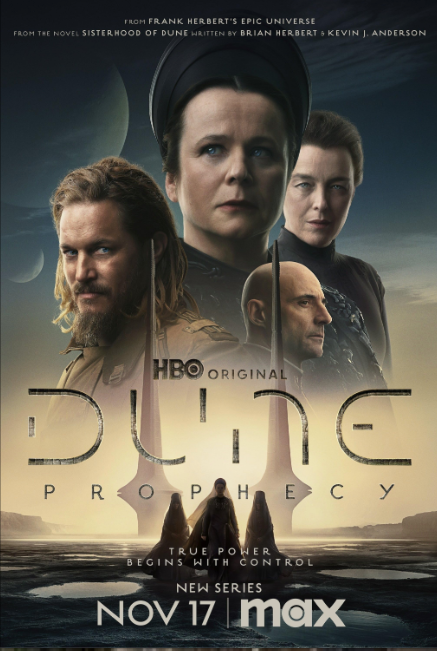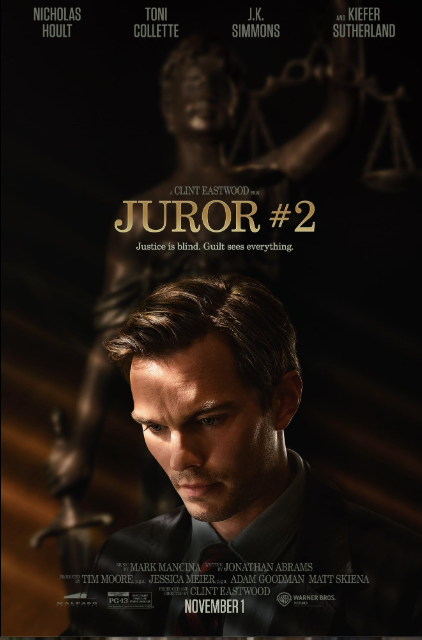
An excellent episode 7.14 of Outlander up on Starz this week. I won't warn you about spoilers because there will be none -- nothing too specific -- in this review. [But if you don't want any hint of a spoiler at all, be so advised.]
My favorite scene in this episode is when Arabella (Jane) explains to William how she charges as a prostitute, breaking down her services into three options. I don't recall hearing quite such salty language, certainly not in this context, before in the now long history of Outlander on Starz. There used to be a time in cable TV history when HBO and then Showtime were the leaders in these kinds of scenes with that kind of language. (Network TV, of course, is too frightened about FCC bans to include that language in their shows, however necessary for the story. Those FCC bans, and the FCC itself, are unconstitutional, in my view, because they blatantly violate our First Amendment. But don't get me started.)
Anyway, the scene between Arabella and William is not only frank, but surprisingly tender (with excellent acting by both Silvia Presente as Arabella and Charles Vandervaart as William). But maybe "surprisingly" is unfair to the series, certainly this season, where there has been a mix of violence, and brutal honesty, and tenderness, many times. The relationship between Claire and John Grey is a great example, played out over a few episodes. It was very good to see Claire tenderly -- and not so tenderly -- patch up John's eye, whose socket had been fractured by Jamie's outraged punch in episode 7.12. Patching up the eye, I think, is symbolic for patching up the relationship of Claire and John, and I hope the beginning of doing that for Jamie and John, too.
Meanwhile, over in Scotland, it looks like Brianna and Roger are on the verge of crossing paths through time, with Brianna going back in time to look for her husband, just as Roger has realized that Jem their son may no longer be in the past. I hope for that family's sake that they don't get those wires too crossed in the episodes ahead.
See also Outlander 7.9: Powerful Separations ... Outlander 7:10: The Nature of Deaths on TV Series ... Outlander 7.11: The Rough Night ... Outlander 7.12: The General ... Outlander 7.13: Good Scenes, Ad Hoc Metaphysics
And see also Outlander 7.1-2: The Return of the Split ... Outlander 7.3: Time Travel, The Old-Fashioned Way ... Outlander 7.7: A Good Argument for the Insanity of War ... Outlander 7.8: Benedict Arnold and Time Travel
And see also Outlander 6.1: Ether That Won't Put You to Sleep
And see also Outlander 5.1: Father of the Bride ... Outlander 5.2: Antibiotics and Time Travel ... Outlander 5.3: Misery ... Outlander 5.4: Accidental Information and the Future ... Outlander 5.5: Lessons in Penicillin and Locusts ... Outlander 5.6: Locusts, Jocasta, and Bonnet ... Outlander 5.7: The Paradoxical Spark ... Outlander 5.8: Breaking Out of the Silence ... Outlander 5.9: Buffalo, Snake, Tooth ... Outlander 5.10: Finally! ... Outlander 5.11: The Ballpoint Pen ... Outlander Season 5 Finale: The Cost of Stolen Time
And see also Outlander 4.1: The American Dream ... Outlander 4.2: Slavery ...Outlander 4.3: The Silver Filling ... Outlander 4.4: Bears and Worse and the Remedy ... Outlander 4.5: Chickens Coming Home to Roost ... Outlander 4.6: Jamie's Son ... Outlander 4.7: Brianna's Journey and Daddy ... Outlander 4.8: Ecstasy and Agony ... Outlander 4.9: Reunions ... Outlander 4.10: American Stone ... Outlander 4.11: Meets Pride and Prejudice ... Outlander 4.12: "Through Time and Space" ... Outlander Season 4 Finale: Fair Trade
And see also Outlander Season 3 Debut: A Tale of Two Times and Places ...Outlander 3.2: Whole Lot of Loving, But ... Outlander 3.3: Free and Sad ... Outlander 3.4: Love Me Tender and Dylan ... Outlander 3.5: The 1960s and the Past ... Outlander 3.6: Reunion ... Outlander 3.7: The Other Wife ... Outlander 3.8: Pirates! ... Outlander 3.9: The Seas ...Outlander 3.10: Typhoid Story ... Outlander 3.11: Claire Crusoe ...Outlander 3.12: Geillis and Benjamin Button ... Outlander 3.13: Triple Ending
And see also Outlander 2.1: Split Hour ... Outlander 2.2: The King and the Forest ... Outlander 2.3: Mother and Dr. Dog ... Outlander 2.5: The Unappreciated Paradox ... Outlander 2.6: The Duel and the Offspring ...Outlander 2.7: Further into the Future ... Outlander 2.8: The Conversation ... Outlander 2.9: Flashbacks of the Future ... Outlander 2.10: One True Prediction and Counting ... Outlander 2.11: London Not Falling ... Outlander 2.12: Stubborn Fate and Scotland On and Off Screen ... Outlander Season 2 Finale: Decades
And see also Outlander 1.1-3: The Hope of Time Travel ... Outlander 1.6: Outstanding ... Outlander 1.7: Tender Intertemporal Polygamy ...Outlander 1.8: The Other Side ... Outlander 1.9: Spanking Good ... Outlander 1.10: A Glimmer of Paradox ... Outlander 1.11: Vaccination and Time Travel ... Outlander 1.12: Black Jack's Progeny ...Outlander 1.13: Mother's Day ... Outlander 1.14: All That Jazz ... Outlander Season 1 Finale: Let's Change History







